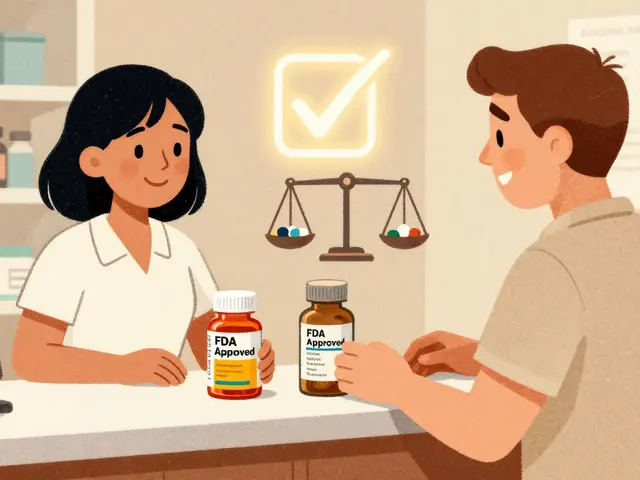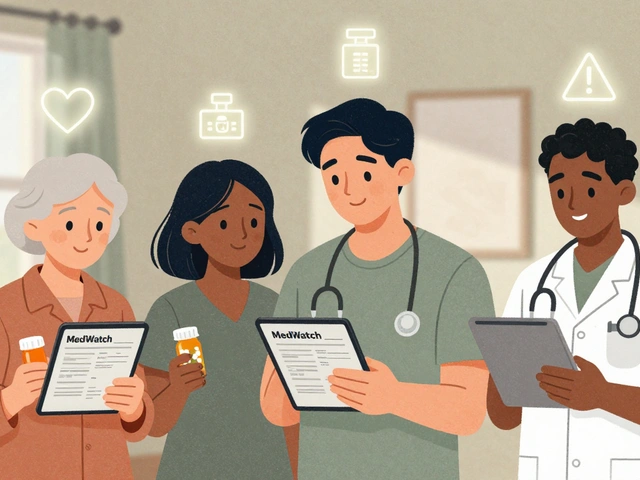Elderly: Practical Medication and Health Tips You Can Use Today
Older adults often juggle several medicines, appointments, and advice from different doctors. That can lead to errors, interactions, or simply feeling overwhelmed. This page helps you spot common risks and shows simple, practical steps to make medication safer and easier for seniors and caregivers.
Quick checks that cut risk
Start with a clear medicine list. Write every prescription, OTC drug, vitamin, and herbal supplement — name, dose, and why it’s taken. Keep one paper copy and one digital photo. Bring this list to every clinic visit and pharmacy trip.
Ask for a yearly medication review. A pharmacist or GP can often stop redundant drugs, lower doses, or suggest safer substitutes. For example, older adults using loop diuretics like Lasix or blood pressure meds such as carvedilol should get regular electrolyte and kidney checks. If cholesterol drugs like Vytorin or rosuvastatin cause side effects, a review can find alternatives.
Watch for interactions and side effects. New confusion, dizziness, falls, swelling, or sudden weight change may come from medicines. If symptoms start after a new drug, check with the prescriber before stopping it.
Safe online buying and pharmacy tips
Buying meds online can save money but needs care. Only use pharmacies that require a prescription for prescription drugs, show a physical address and phone number, and let you talk to a pharmacist. Avoid sites with extremely low prices, no contact details, or those that ship without prescriptions.
Read our specific guides if you’re researching a drug: we cover how to safely buy antibiotics like cefixime, heart meds like Vytorin, steroids such as dexamethasone, and treatments for erectile dysfunction. We also review online pharmacies so you can spot legit options and scams.
Tip for caregivers: sync refills and use a pill organizer or blister packs from the pharmacy. A weekly or monthly organizer reduces missed and double doses. Consider automated reminders or simple apps if the senior uses a smartphone.
Non-drug support matters. For many older adults, diet changes, gentle exercise, fall-proofing the home, and sleep hygiene reduce the need for extra medicines. If diabetes is being treated with metformin or alternatives, diet and activity often make a big difference alongside medicine.
Finally, keep records of pharmacy receipts and shipment tracking when ordering online. That helps resolve delivery problems or verify authenticity. If something feels off — unusual packaging, missing leaflet, or unexpected side effects — stop and check with a pharmacist or doctor right away.
Want tailored reading? Browse the posts tagged “elderly” for step-by-step buying guides, drug alternatives, and clear explainers on common meds used by seniors. Practical help is one click away.









